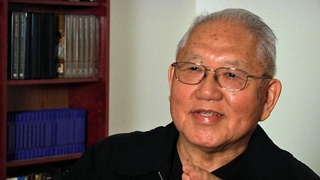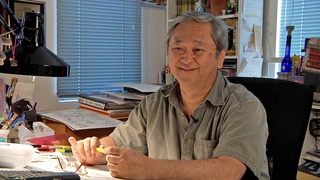Interviews
Defining the term "Nikkei" (Portuguese)
(Portuguese) The term Nikkei, to me, encompasses a lot. I’d say that it’s a very complicated term. Why? Because it brings together the aspect, you know, not just of your appearance, but really your whole life. Cultural life, family life that you learned from your grandparents, from your parents, and that’s internalized. And then, with all of that Japanese culture – we should say half-Japanese, right, because it’s not purely Japanese either – you enter into society, and there you have to combine these two parts, these two cultures, Brazilian and Japanese. So, I think that the term Nikkei, for me personally, is a term that demands, or that demands of me that I live the Japanese part and the Brazilian part, which isn’t always possible, you know, for people to maintain such a nice harmony. Sometimes people experience moments of great conflict.
Date: October 7, 2005
Location: California, US
Interviewer: Ann Kaneko
Contributed by: Watase Media Arts Center, Japanese American National Museum.
Explore More Videos

Hopes everyone pursues their dreams regardless of race or heritage
(b. 1981) Enka Singer

Considers Pittsburg his home, but always wanted to live in Japan
(b. 1981) Enka Singer


The first concert in the United States (Japanese)
(b. 1981) Enka Singer











